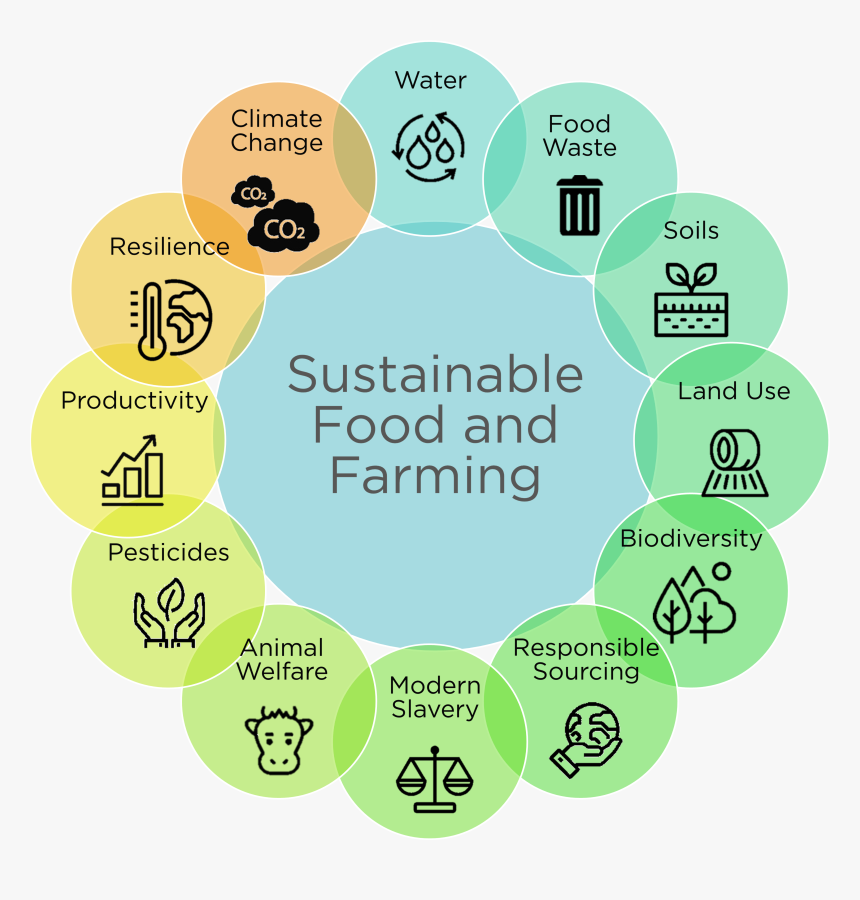By: Liaqat Asher
The 2018 Global Climate Risk Index underscores the unpredictable nature of climate change, with nations like Haiti, Zimbabwe, and Fiji experiencing significant impacts. Pakistan, ranked 40th, faced substantial casualties and economic losses from extreme weather events.
Over the past two decades, Pakistan has grappled with 141 extreme weather incidents, disrupting lives and livelihoods, particularly in agriculture. Persistent challenges such as heavy monsoons, floods, and heat waves have hampered GDP targets and water resources.
To combat these challenges, adopting low-cost, high-impact interventions is paramount. Organic farming emerges as a sustainable strategy, bolstering soil fertility, biodiversity, and safe food production. Initiatives like farmyard manure utilization, integrated crop and pest management, and bio-gas plants offer viable alternatives to chemical agriculture.
Additionally, addressing deforestation through fuel-efficient stoves (FES) and alternative energy sources is critical. Conventional cooking methods not only accelerate deforestation but also pose health hazards, especially for women and children. Transitioning to FES can significantly curtail fuel consumption, forest degradation, and health issues linked to indoor air pollution.
Government leadership is pivotal in implementing and enforcing environmental regulations. Collaborative efforts in establishing early warning systems, relief measures, and reducing greenhouse gas emissions are indispensable for collective resilience and natural resource conservation.
By prioritizing these measures and fostering cooperation, Pakistan can mitigate climate change impacts, bolster food security, and safeguard the well-being of its populace.


